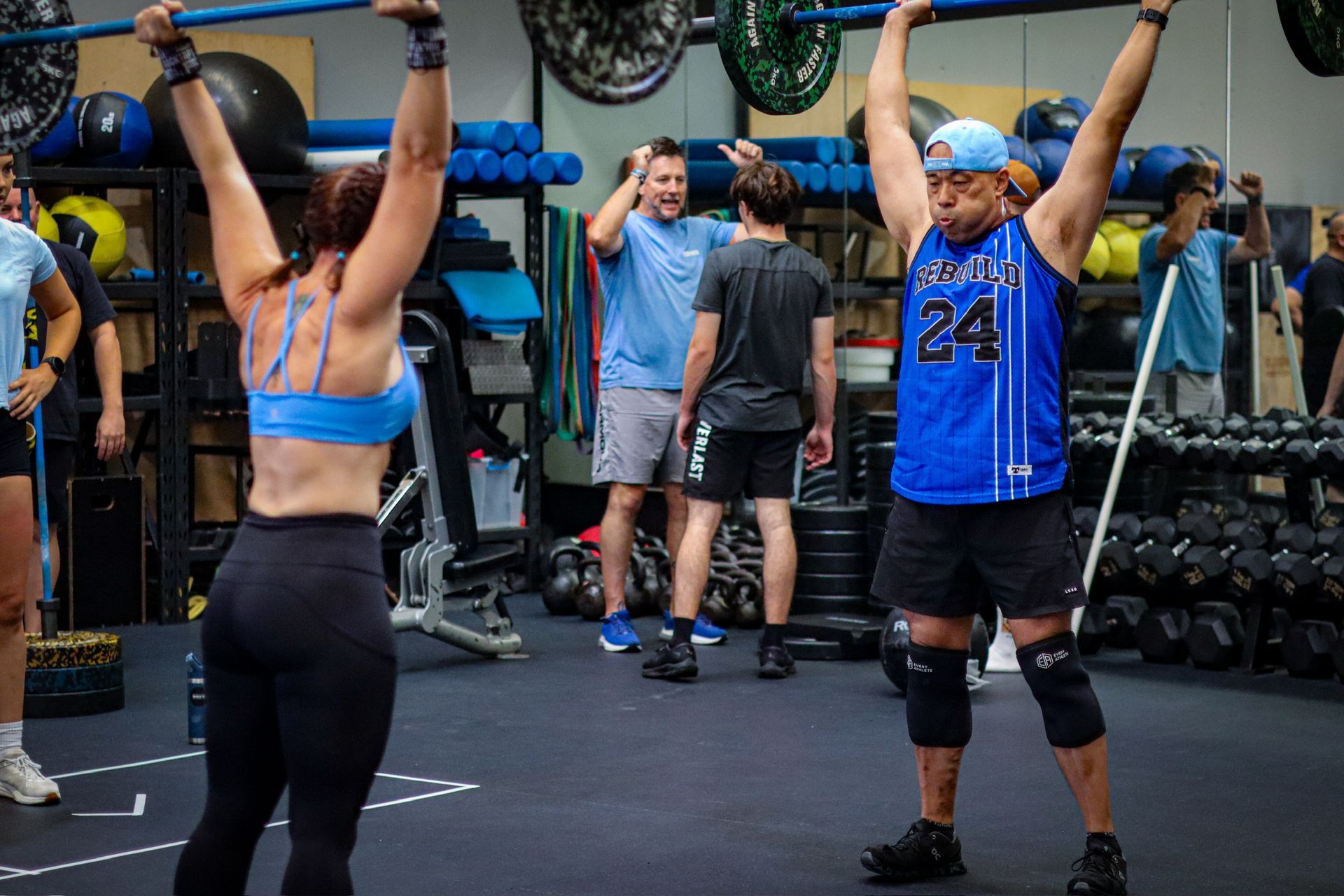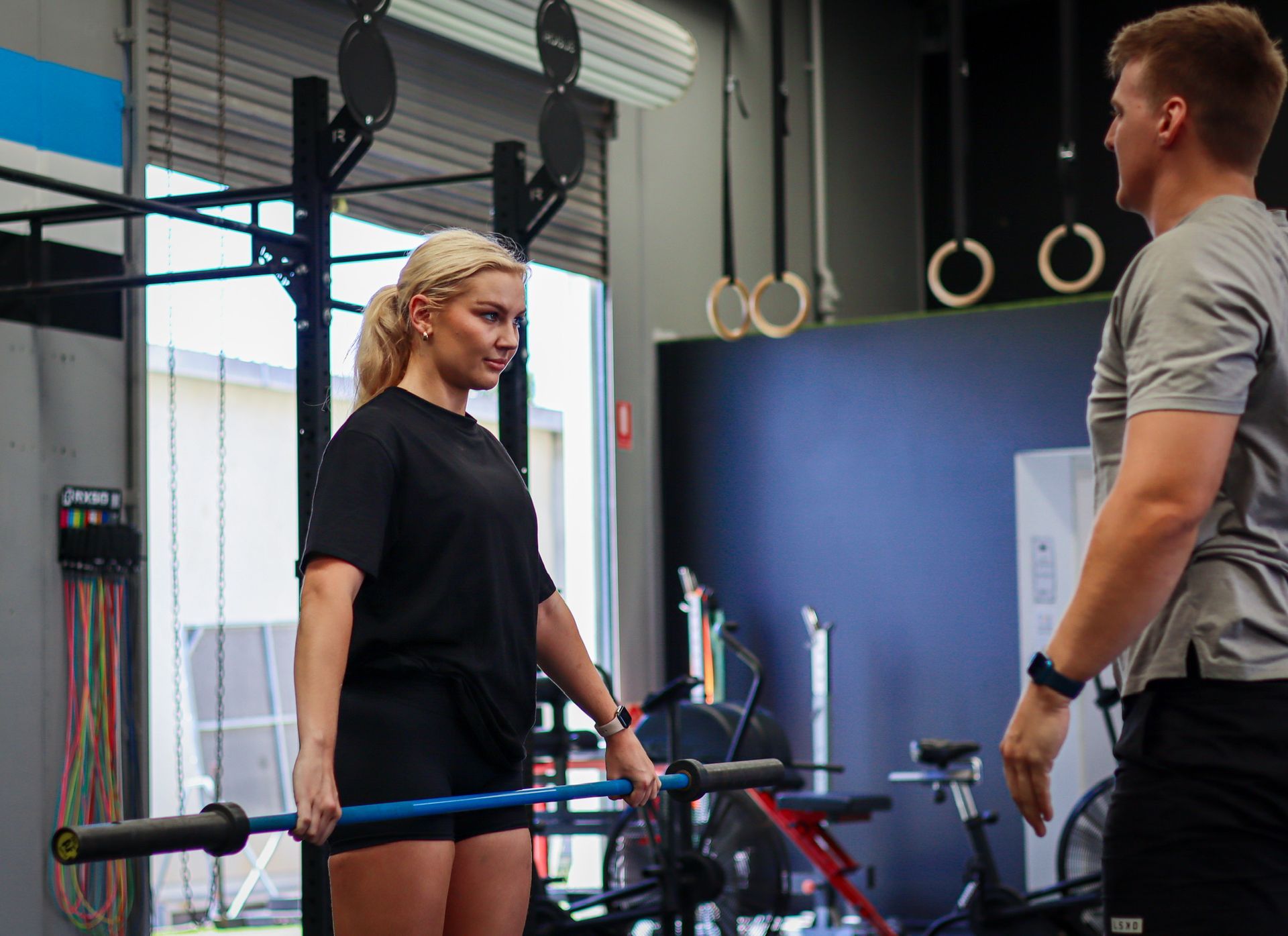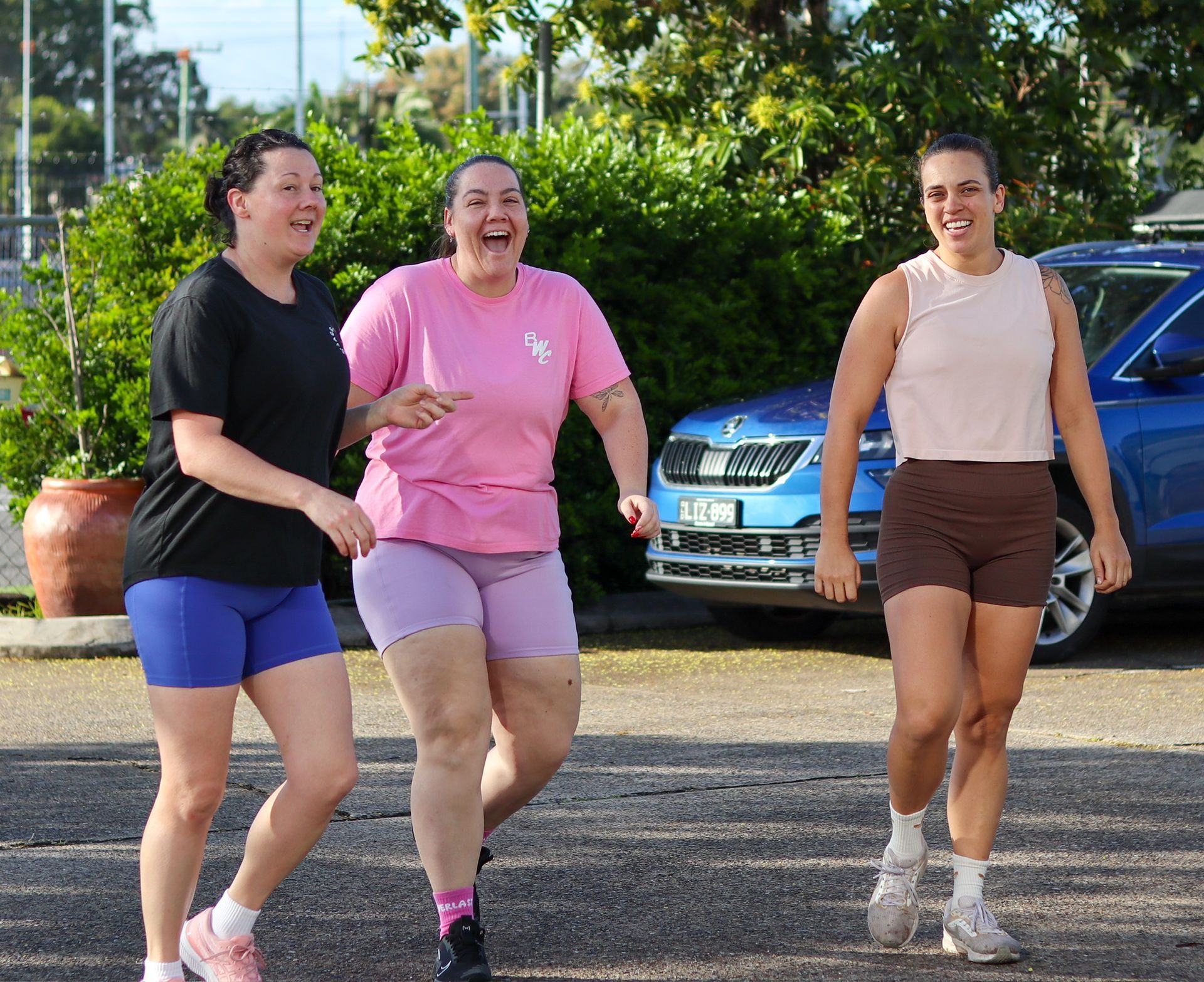Should Restaurants Put Calorie Counts On Their Menus?
There have been calls from the public to include calorie counts on menus for meals. But is this a good idea? It could mean more information for people to make educated decisions, but the ramifications on mental health could do far more harm than good according to James and Sean, Rebuild’s in-house nutritionists.Yes it could be helpful to those looking to make an educated decision on eating out, but going out for a meal is about more than calorie counting. James says, “It would make sense if everyone had the same mindset (in terms of eating better) then it could give people a little bit of guidance to what they are eating, therefore make people more mindful about their choices.” However, the pros seem to be outnumbered by the cons. Calorie counts and macros breakdown on menus could psychologically affect a vast number of people – those with eating disorders, those already struggling with health complications and those who’re overweight or underweight. Along with this, it’s also worth considering how some people may not be comfortable having the calories in their meals be a focal point of a meal with friends or family.“When you go to a restaurant, you go there because you want to enjoy your time with the person you're with or the group of people you're with as well as eat really good tasting food. Say you're already struggling with your own body image and you go to dinner with a bunch of people, and then you order something from the menu that's higher in calories than everyone else's, everyone then knows what you're eating, and even if they're not, you're going to feel that a little bit more judged,” says Sean. Coming from two coaches with plenty of nutritional and fitness related experience, they say food is more than just its calories.“Food is more than just a number, food is emotional, it is social. With food, like, 'I emotionally eat,' and well maybe this isn't sometimes a bad thing, at the same time, food is a wonderful thing. It's time where we can go and connect”, James adds. The duo also agree on how, despite being coaches who give a lot of value to calories - since they decide how we lose and gain weight, there is still a time and place for this.In the segment, Sean then delves a bit into why sometimes, it’s okay to not focus strictly on what to eat and what not to eat. He says, “If you're at a point where you're deciding if one meal is better than the other, then you're probably missing the bigger picture, one meal is not going to make you fatter or unhealthier, we're going to take the bigger picture approach.”“If you go to a restaurant and you're tossing up between one or two meals, but on the other side of that, you can have a really good time with your friends and family, then in my opinion, doesn't really matter what you choose, because we can do other things outside of that to either negate any possible negative effects from that meal,' he adds. As long as you’re working towards becoming healthier, you can always adjust your subsequent days or weeks to lose those calories, it’s those moments however, you shouldn’t lose out on.
Previous Blogs




